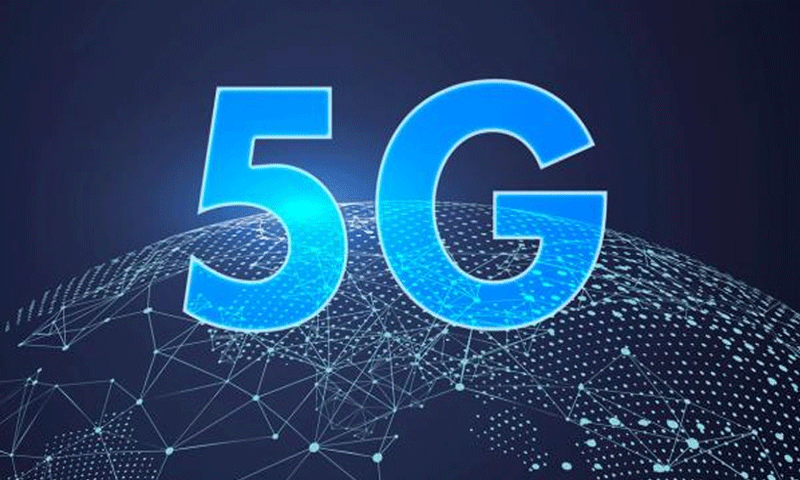- Web Desk
- Feb 16, 2026
Spotify introduces new measures to address AI abuse, boost transparency

STOCKHOLM: Spotify on Thursday unveiled several measures to encourage artists and publishers to be more transparent about their use of artificial intelligence, as well as to limit certain abuses.
The Swedish platform is recommending that musicians and producers comply with a new standard developed by the Digital Data Exchange (DDEX), a consortium of leading media companies, music licensing organizations, digital service providers and technology firms that develops standards for the creative industries.
Since early this year, DDEX has enabled tracks to include metadata indicating whether they were fully, partially, or not at all created using AI.
Spotify plans to display this information across its platform once the metadata is fully integrated, according to Sam Duboff, Head of Music Marketing.
The issue gained prominence in June when an AI group called The Velvet Sundown suddenly went viral, with their most popular song surpassing three million streams on Spotify.
The new labeling system operates on a voluntary basis, and Spotify does not currently require content uploaders to disclose the role of AI in their music production.
“Initially, I think people’s mindset was very much binary,” said Charlie Hellman, Head of Music at Spotify, during a recent presentation.
“There’s either AI music or there’s not. But the reality is that we’re now seeing a proliferation of so many different ways that AI is incorporated into various steps of the creative process.”
Spotify emphasized that it does not intend to “punish artists for using AI authentically and responsibly,” Hellman added.
According to the company, more than 15 labels and distributors have already committed to using the DDEX labeling system.
Currently, Deezer is the only major audio platform that systematically flags tracks fully generated by artificial intelligence.
As for fully AI-generated tracks identified by Spotify, their audience remains small, said Sam Duboff, Head of Music Marketing.
ICC likely to take action against India’s Suryakumar Yadav after Pakistan complaint
“It’s really a small percentage of streams. In general, when the music doesn’t take much effort to create, it tends to be low quality and doesn’t find an audience.”
Also on Thursday, Spotify announced an update to its content policies, clarifying that unauthorized use of AI—including the creation of deepfakes or imitations without consent—is prohibited, and such content will be removed from the platform.





